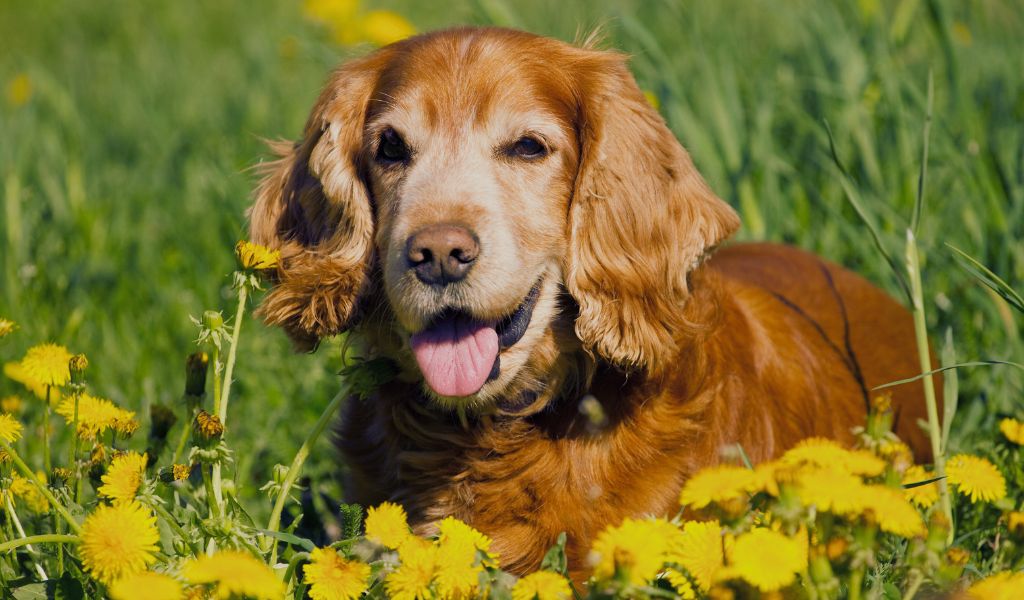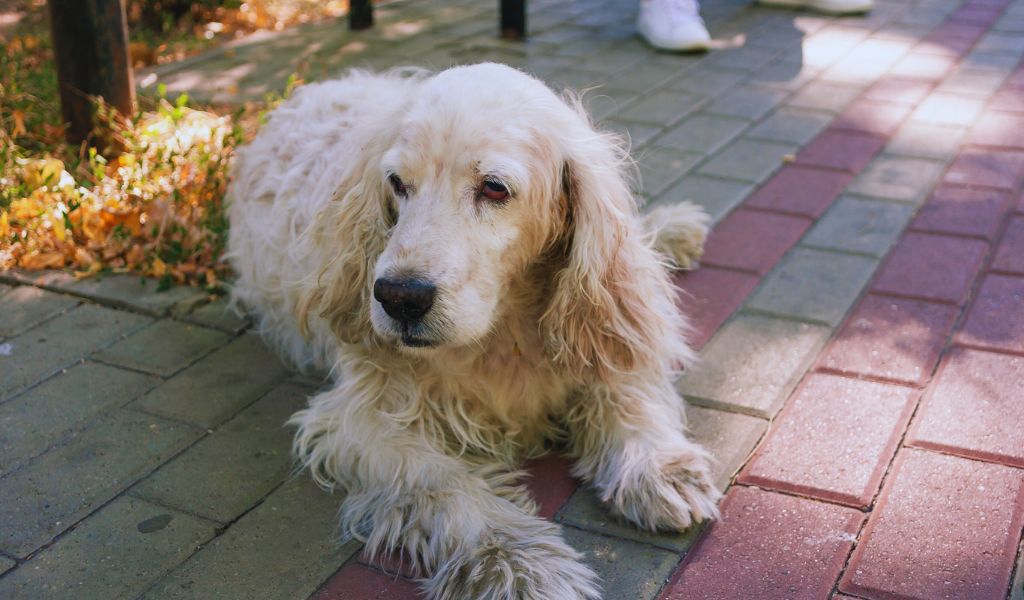Training older Cocker spaniels presents unique challenges and rewards.
It requires a special approach that respects their age, health, and temperament.
This guide is designed to help owners of senior Cocker spaniels navigate these challenges effectively.
Understanding Your Older Cocker Spaniel
Physical and Mental Health Considerations
Older Cocker spaniels may face health issues like arthritis or hearing loss.
Regular health checks are crucial, and training routines should accommodate these changes.
Cognitive dysfunction can also affect learning and memory, making understanding and patience key components of training.
Sensitivity to Change
As dogs age, they become more sensitive to changes.
Gradual introductions to new routines or environments, ensuring a secure and comfortable atmosphere, is essential for their well-being.
Customised Training Techniques
Tailored Training Sessions
Adapting training sessions to your dog’s energy levels and health status is essential.
Shorter, frequent sessions are often more effective than longer ones.
Cognitive games and puzzles can provide mental stimulation, helping to slow down cognitive aging.
Positive Reinforcement
Positive reinforcement is the cornerstone of training older dogs.
Rewards can be in the form of treats, verbal praise, or physical affection.
Harsh training methods should be avoided as they can be detrimental to your dog’s well-being.
Behavioural Adjustments
Managing Anxiety and Stress
Anxiety and phobias can develop in older dogs.
Techniques like desensitisation and counterconditioning can help them cope.
A regular routine and a calm environment can also mitigate stress.
Exercise and Activity
Balanced Physical Activity
Exercise routines should be adapted to suit your dog’s physical capabilities.
Gentle walks are beneficial, while strenuous activities should be avoided to not exacerbate health conditions.
Controlled play sessions that don’t over-exert the dog are recommended.

Patience and Understanding
Consistent Routines
Consistency in routines provides a sense of security and familiarity, especially beneficial for dogs experiencing cognitive decline.
Recognising Limitations
Acknowledging and respecting the limitations of age is important.
If your Cocker spaniel can’t perform tasks they once could, be patient and understanding.
Building a Strong Bond
Quality Time
Spending quality time with your older Cocker spaniel strengthens the bond and enhances their overall well-being.
Trust and Respect
Building a relationship based on trust and respect is crucial. Try to see the world from your dog’s perspective and provide a nurturing environment.
Training an older Cocker spaniel can be a deeply rewarding experience.
Adapting to their changing needs, providing gentle guidance, and offering unconditional love and support will ensure their golden years are comfortable and enjoyable.
This comprehensive guide should serve as a valuable resource for any owner of a senior Cocker spaniel, providing insights and techniques to ensure a fulfilling and enriching training experience for both the dog and the owner.




